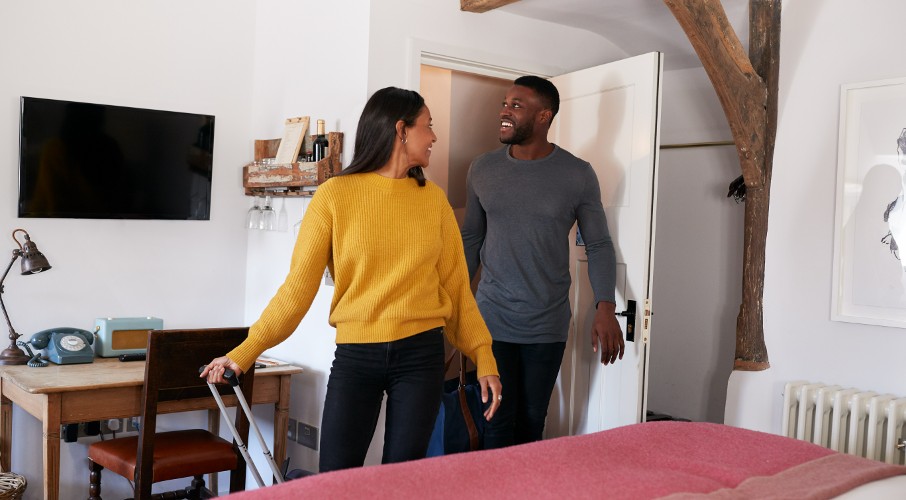What tax deductions are Airbnb hosts allowed?
There are plenty of ways to make deductions from your income tax on Airbnb rentals. Some of these are deductible in full, while others may be partly deductible depending on how you use the property.
The Australian Taxation Office (ATO) outlines the type of rental expenses you may be able to claim. Typically, the type of expenses you can claim for renting a portion of the home are the same as those for a traditional rental property.
Allowable expenses include:
- All the fees or commissions charged by the platform facilitator or administrator (examples include Airbnb or Stayz)
- Interest on any loans you took for the property
- Electricity and gas consumption
- Property insurance purchased
- Depreciation of furniture such as beds, tables, etc
- Ongoing repairs and maintenance costs for the area being rented
- Ongoing cleaning cost for the area being rented
- Costs associated with listing the property
Renting out part of your home
The expenses listed above only apply to the areas used by a guest. The ATO advises that you should apportion your expenses based on the floor-area solely occupied by the guest, and add that to a reasonable amount based on your guest’s access to common areas of the property.
Renting out all of your home
Where you rent out the entire property and do not use it at all, you may claim 100% of its expenses. If it is a holiday home that you use occasionally, you claim expenses based on the proportion of the year it’s occupied or listed as available for rent.
It is important to note that if you live at the property, shared areas do not have the same deductions and expenses only apply to the period in which the property is available for rent.
For example, if you rent out your second home for 100 days a year but occupy it yourself the rest of the year, you can only deduct expenses for the portion of time the property is available for rent, which in this case, is 100 days. The property does not need to be occupied by guests during this time, but it must be listed on Airbnb and available for rental.
The amount that you can claim depends on several factors including:
- the length of time per year that the property is rented out
- the proportion of rental space with regards to the entire property
- whether the space is taken for personal use during the times it is not rented out
















